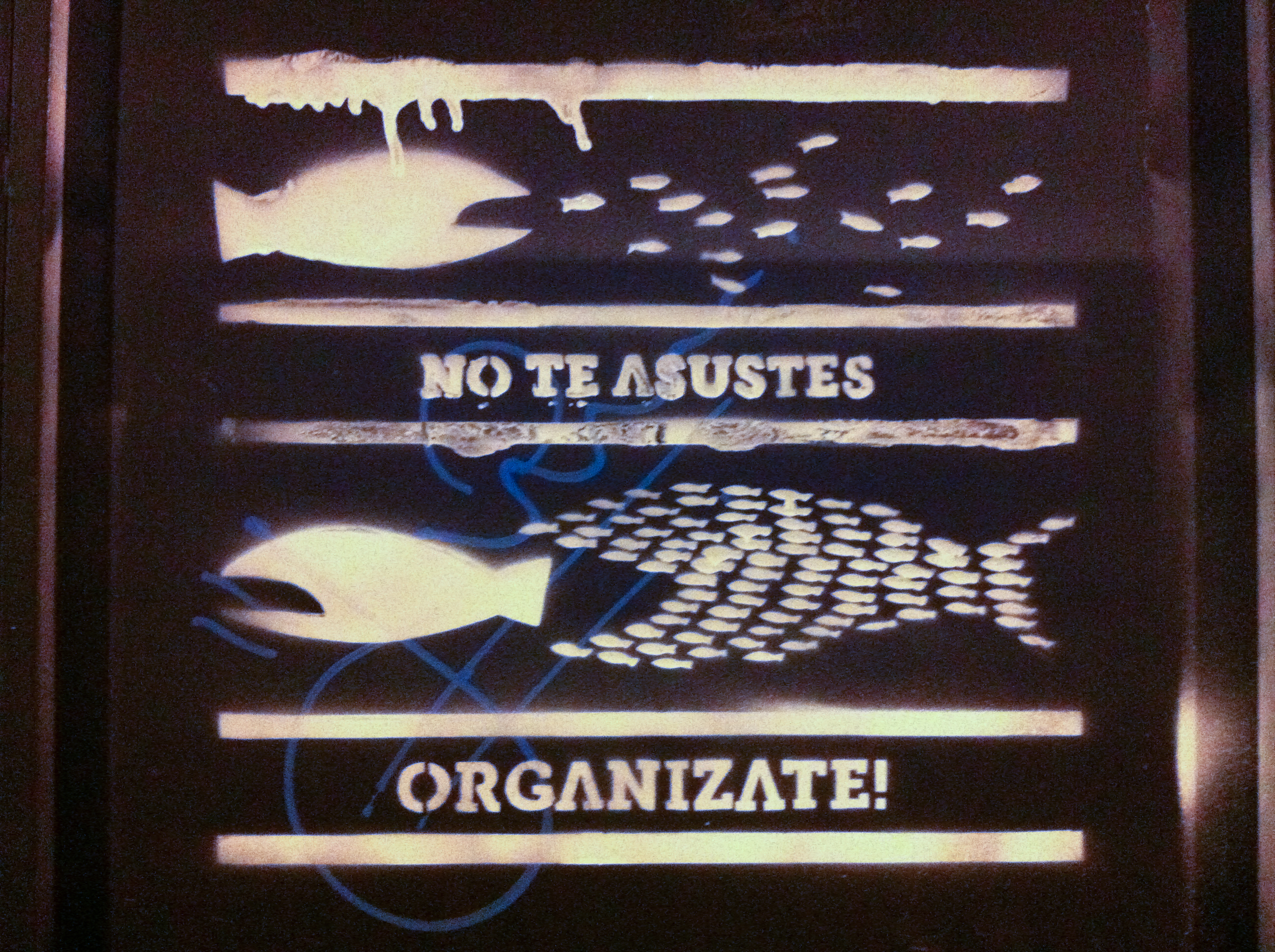My classmates tested each other with the U.S Naturalization Exam on the first day of this unit. It has six pages of 100 civics and history questions about America. An immigrant seeking citizenship must answer at least six out of ten questions correctly. Two students sat in front of the class- one asking the ten questions and deeming if the other’s answers were right or wrong. It seemed like a simple test, but it turned out that it was very difficult. My classmates were getting majority of the questions wrong. I wanted to try answering majority of the questions right, so I took on the challenge. Most of the questions asked were trivia questions that would be on a constitution test. Although I did know the answers to some questions, based on heavy studying back in eighth grade, I felt setup for failure. My class was hungry to see me fail the test and laugh at my answers. My nerves got the best of me and made me question my gut. I only got two questions wrong, which means that I would have earned citizenship. I feel that a lot of the questions on the test are irrelevant and trivial, especially to new citizens.
Some examples of questions on the test are…
52. What do we show loyalty to when we say the Pledge of Allegiance?
I was asked this question during my test in class. I recited it three times outloud and couldn’t detect why I had this quote memorized. I recited it everyday in my catholic grammar school, but never took the time to actually think about what I was saying.
76. What did Susan B. Anthony do?
Susan B. Anthony was a women’s rights activist that collected anti-slavery petitions when she was 17. She sounds like a huge influence back then, but I have never heard of her name until I read this test.
82. Before he was President, Eisenhower was a general. What war was he in?
I read a sentence or two about his legacy in my history class in eighth grade. I don’t know when people were president or when American wars happened, so I would have not known the answer to this question unless I googled it.
The three of these questions have something in similar. I will explain it in this syllogism.
P1. The U.S Naturalization Exam asks us about what we show loyalty to when we pledge allegiance to the flag.
P2. The U.S Naturalization Exam asks us to know who Susan B. Anthony is.
P3. The U.S Naturalization Exam asks us to know what war Eisenhower was in.
C. A good citizen in the United States of America must know about random key history events that don’t affect their daily lives.
The US Naturalization Exam has limited, problematic, and insignificant trivia questions. It causes a stressful and traumatic time for innocent people. Gaining citizenship should be an exciting experience. Many citizens here don’t know the answers to these questions. They did not have to go through the citizenship process because they were born here. It is not required of current citizens to know random facts about the United States. I do not think it is fair.
My amended questions would be…
Why is it important to vote?
When can you vote for the mayoral election?
What are three examples of freedom citizens have in America?
What are three acts that the current President has done in government?
P1. American citizens can vote in their country.
P2. American citizens have specific rights and freedoms.
P3. Immigrants must take advantage of new rights and freedoms that may not have been available in their country.
C. Immigrants should be tested on their legal rights that affect them on a regular basis.
These questions affect an American citizen’s life on a regular basis. It is important to know these three things. A citizen has a voice. Choosing the right person to vote for, exercising freedom, and knowing what the President does is using their voice. Upcoming citizens need to know the significance of using their new rights, as they might differ from their old country. Instead of knowing useless knowledge of what happened years ago, citizens should know fundamental principles.
One public speaker named George Blakemore said at the most recent City Council meeting…
“Illegal is illegal!”
He strongly believes that incoming immigrants take resources away from the current people of Chicago. I would say that statement has a fault. A law can be amended. Many years ago, owning enslaved people was a perfectly legal action to do. Now, it is illegal to do such a thing. A legal thing can become illegal to do with amendment from the people and government. So, illegal laws can become legal. Illegal immigrants can become legal. Laws change all the time.
One of my peers agree with my amendment.
“Wow, I agree completely! I really don’t understand why the process is so difficult if it’s a time for people to be excited and happy about! I definitely think that they need to make it simpler and quicker so that future Americans can have a better experience.” -DS
My classmate and I agree to my amendment.

This metaphor sums up my argument. The top shows how government officials try to rule over minorities. The bottom shows many minorities and I joining together and amending an unfairness. We have a voice and can use our power.


No comments:
Post a Comment